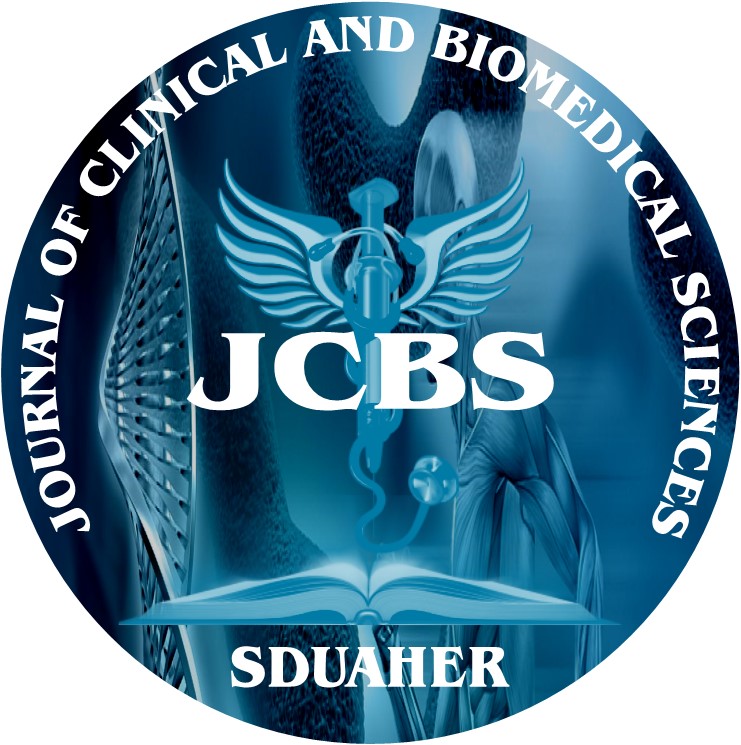


Journal of Clinical and Biomedical Sciences
Year: 2023, Volume: 13, Issue: 4, Pages: 108-114
Original Article
Joseph John1, Naveen Kumar I2,*
1 Intern, Department of Physiotherapy, Sri Devaraj URS Academy of Higher Education and Research, Kolar, Karnataka, India
2 Assistant Professor, Department of Physiotherapy, Sri Devaraj URS Academy of Higher Education and Research, Kolar, Karnataka, India
*Corresponding author email: [email protected]
Received Date:29 January 2023, Accepted Date:05 April 2023, Published Date:21 May 2023
Introduction: In randomized clinical trials, the methodological idea of preventing bias by withholding knowledge of the allocation status is known as blinding. Blinding refers back to the concealment of group allocation from one or extra individuals concerned in scientific studies, most commonly a randomized controlled trial (RCT). Even though randomization minimizes variations among treatment groups on the outset of the trial, it does nothing to prevent differential treatment of the groups later within the trial or the differential assessment of outcomes, either of which may also bring about biased estimates of treatment outcomes. The most beneficial strategy to limit the chance of differential remedy or assessments of results is to blind as many individuals as viable in a trial. Objective: To study the extent of blinding induced bias in RCT of physiotherapy interventions and to evaluate the extent of interpretative consideration it the trials are not blinded in the sample of RCT included. Methodology : We conducted a retrospective analysis to estimate the blinding bias in the randomized controlled trials published in physiotherapy interventions from 2016 to 2022. Results & Conclusion : We included 50 RCTs for blinding assessment. About 88% of included articles were not having participants blinding 90% has not done therapist blinding and nearly 50% of studies were conducted without assessors blinding. Based on the results of this study blinding of important participants were infrequently reported in the included studies.
Keywords: Blinding, Risk of bias, Physiotherapy, Randomized controlled trials
This is an open-access article distributed under the terms of the Creative Commons Attribution License, which permits unrestricted use, distribution, and reproduction in any medium, provided the original author and source are credited.
Published By Sri Devaraj Urs Academy of Higher Education, Kolar, Karnataka
Subscribe now for latest articles and news.